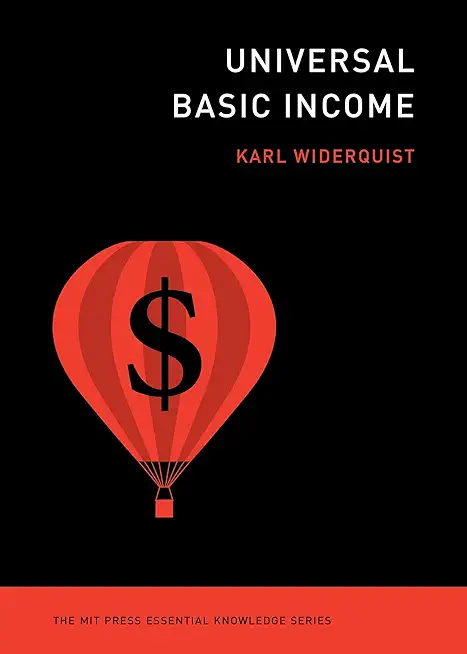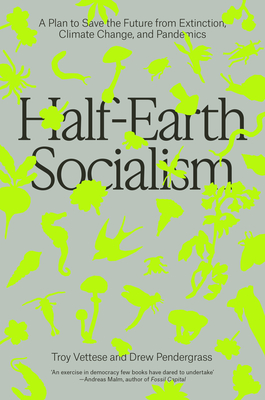
description
simple (yet radical) premise that a small cash income, sufficient for basic needs, ought to be provided regularly and unconditionally to every citizen. The growing movement for universal basic income (UBI) has been gaining attention from politics and the media with the audacious idea of a regular, unconditional cash grant for everyone as a right of citizenship. This volume in the Essential Knowledge series presents the first short, solid UBI introduction that is neither academic nor polemic. It takes a position in favor of UBI, but its primary goal remains the provision of essential knowledge by answering the fundamental questions about it: What is UBI? How does it work? What are the arguments for and against it? What is the evidence? Karl Widerquist discusses how UBI functions, showing how it differs from other redistributional approaches. He summarizes the common arguments for and against UBI and presents the reasons for believing it is a tremendously important reform. The book briefly discusses the likely cost of UBI; options for paying for it; the existing evidence on the probable effects of UBI; and the history of UBI from its inception more than two hundred years ago through the two waves of support it received in the twentieth century to the third and largest wave of support it is experiencing now. Now more than ever, conditions in much of the world are ripe for such enthusiasm to keep growing, and there are good reasons to believe that this current wave of support will eventually lead to the adoption of UBI in several countries around the world--making this volume an especially timely and necessary read.
member goods
No member items were found under this heading.
Return Policy
All sales are final
Shipping
No special shipping considerations available.
Shipping fees determined at checkout.







